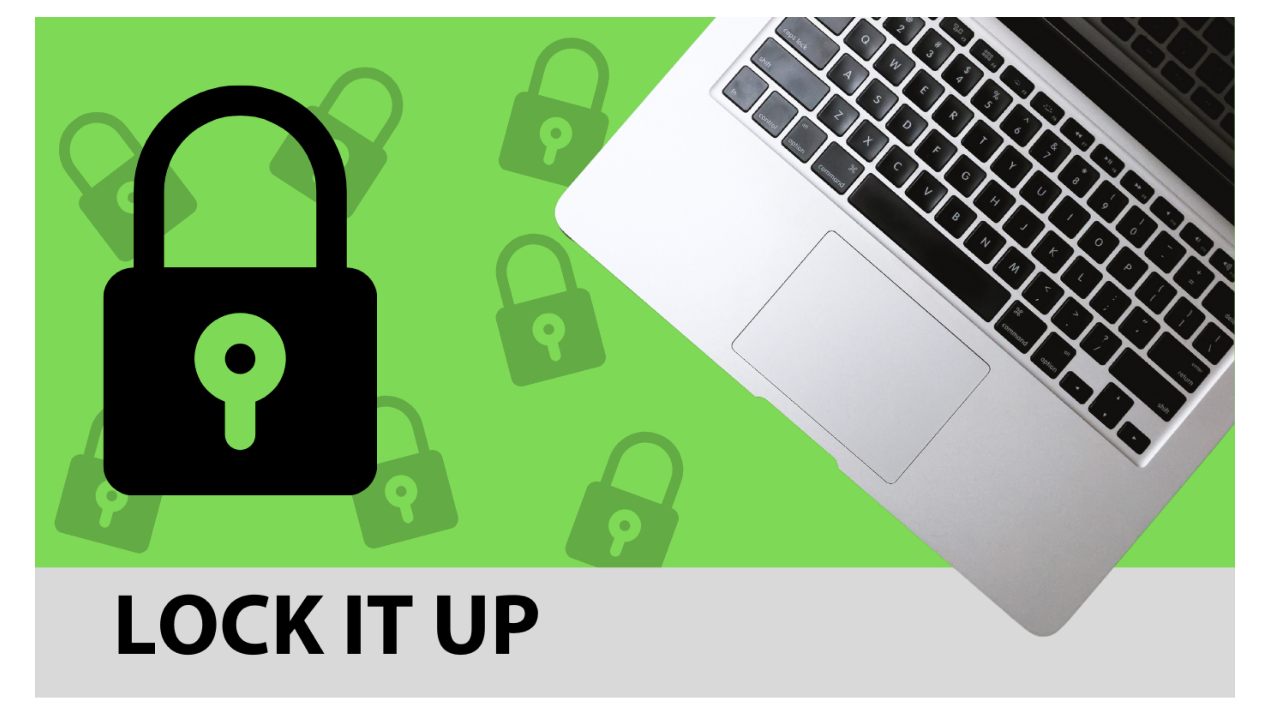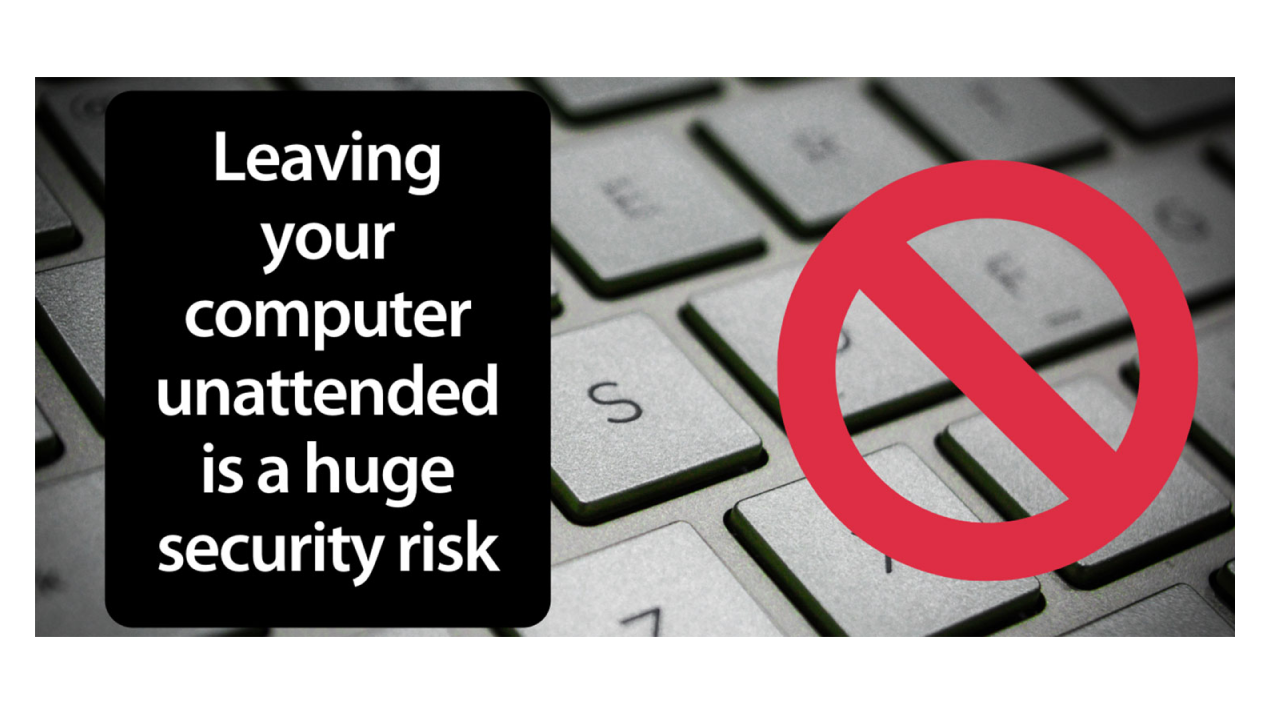- Avoid visiting unknown websites or downloading software from untrusted sources.
- Beware of suspicious emails. Cyber-criminals will attempt to trick you into divulging personal information. Be ready to report any suspicious emails.
Computer Security Day - November 30
Since 1988, Computer Security Day is celebrated on November 30 every year. This day is celebrated to raise public awareness to use the computer while keeping it safe from threats. Carve 10 minutes out of your schedule today to keep your account secure and reduce your risk of being compromised. Follow the tips below and don't ever say, "It won't happen to me” Cybersecurity is everyone's responsibility.
Be careful what you click

Protect your accounts
- Keep your software up to date. Malicious actors can see the security vulnerabilities fixed by an update and can try exploiting it with users who have not updated yet.
- Don’t reuse the same password for many accounts. Tool’s like haveibeenpwned will help you to check if your email addresses have been leaked somewhere online.

- Remember to change all the passwords associated with your email account if it was compromised.
- Follow thepassword guidelines: make sure your password is strong enough.
- Protect your account by using Multi-factor authentication (MFA) to validate your identity with your mobile device or your physical token.

Back up your data
- Back up regularlyyour data because if you are a victim of a security incident, the only guaranteed way to repair your computer is to erase and re-install the system.
- Use University-provided solutions such as the network shares Microsoft One Drive.

Never leave devices unattended
When you leave your laptop, any length of time, lock it up so no one else can use it.

- When you leave your laptop, any length of time, lock it up so no one else can use it.
- When not using your desktop computers, lock your screen or shut-down the system. The physical security of your devices is as important as their technical security.
